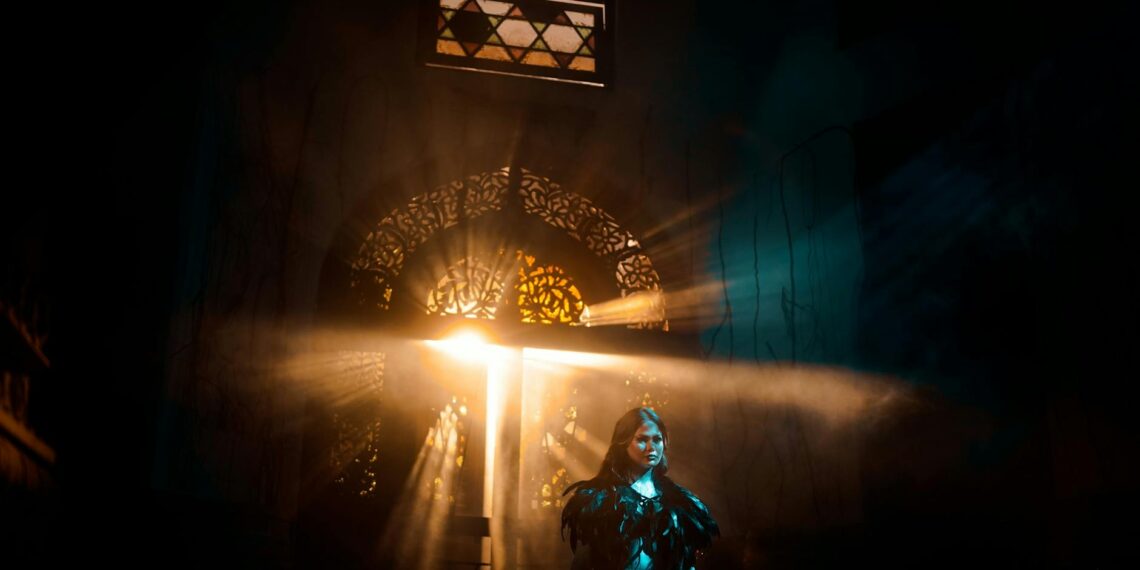Finding a reputable coin dealer is crucial for ensuring fair prices, authentic products, and a positive experience, whether you’re buying or selling coins.
Here’s how to identify trustworthy dealers:
- Professional Numismatists Guild (PNG): This organization has stringent membership requirements emphasizing ethics, honesty, and integrity. [The PNG website] lists its members.
- American Numismatic Association (ANA): A large nonprofit organization promoting numismatic education and ethical practices. Check their website for a dealer directory.
- Other relevant organizations: Consider memberships in organizations like Certified Coin Exchange (CCE), Professional Coin Grading Service (PCGS) PCGS Authorized Dealer Directory, and the National Coin & Bullion Association (NCBA).
- Long-standing businesses: Dealers with a long history in the industry are more likely to have built a reputation for reliability and expertise.
- Specific expertise: Look for dealers who specialize in the types of coins you’re interested in.
- Online reviews: Utilize platforms like Google, Yelp, and dedicated numismatic forums to assess the dealer’s reputation and customer service.
- Better Business Bureau (BBB): Check for their rating and customer feedback.
- Clear explanations: Reputable dealers should explain how coin value is determined and be transparent about their pricing structure, including any fees.
- Authenticity verification: Ensure they use recognized grading standards like NGC or PCGS and provide authentication documentation when necessary.
- Responsiveness and professionalism: Evaluate how the dealer responds to inquiries and their willingness to address your questions and concerns.
- Pressure-free environment: Avoid dealers who employ high-pressure sales tactics, pushing for immediate purchases or making unrealistic promises.
- Numismatic community: Attend coin shows, join local clubs, and participate in online forums to connect with other collectors and obtain recommendations.
- Personal referrals: Recommendations from trusted individuals within the numismatic community can provide valuable insights and lead you to reliable dealers.
- Verify Credentials: Before purchasing, confirm the dealer’s credentials through multiple sources, such as business licenses, BBB records, and professional association directories.
- Physical Presence: Verify they have a legitimate business address, not just a PO Box, and permanent contact information.
- Transaction Security: Insist on secure, traceable payment methods, verify funds before releasing coins, and ensure clear documentation for all transactions.
By following these guidelines and taking the necessary precautions, you can increase your chances of finding a reputable coin dealer and have a safe and positive experience in the world of numismatics.









How do you know you can trust a coin dealer?
One of the best safeguards you can get is from using a dealer who has been vetted by his peers before being permitted to join a guild. After all, if the coin dealer has a bad reputation, or isn’t respected in his own community, he’s probably not a good choice to do business with.
How do you get coins appraised without getting ripped off?
I can help with that. Getting a professional appraisal will be the most accurate way to determine a coin’s value. You can get your coins appraised at a local coin shop or at a coin show.